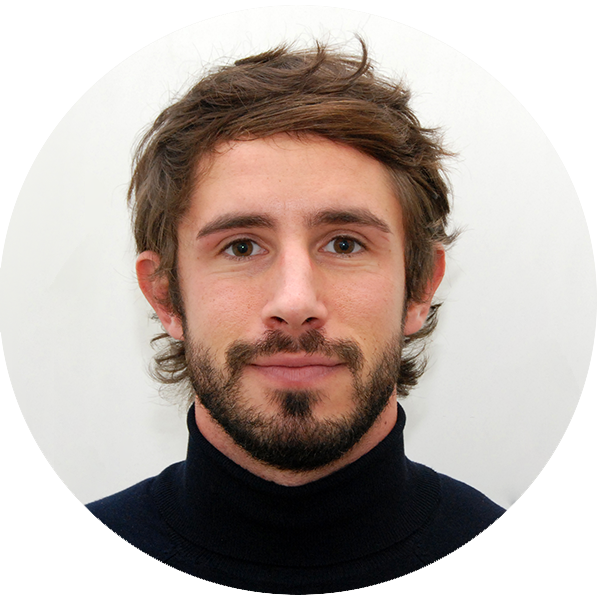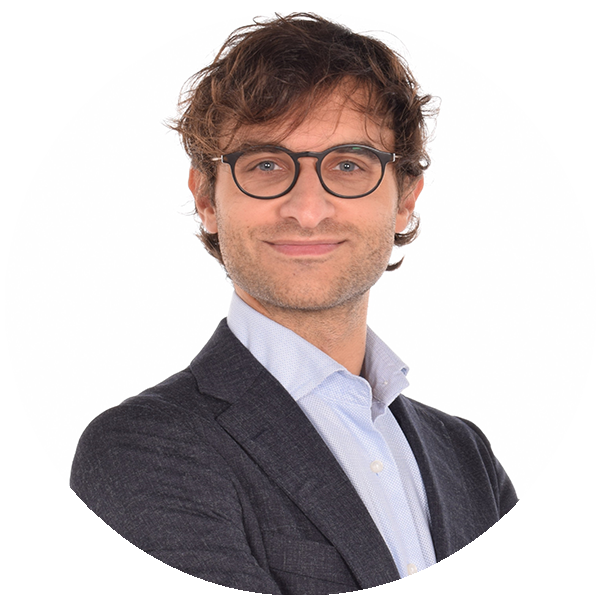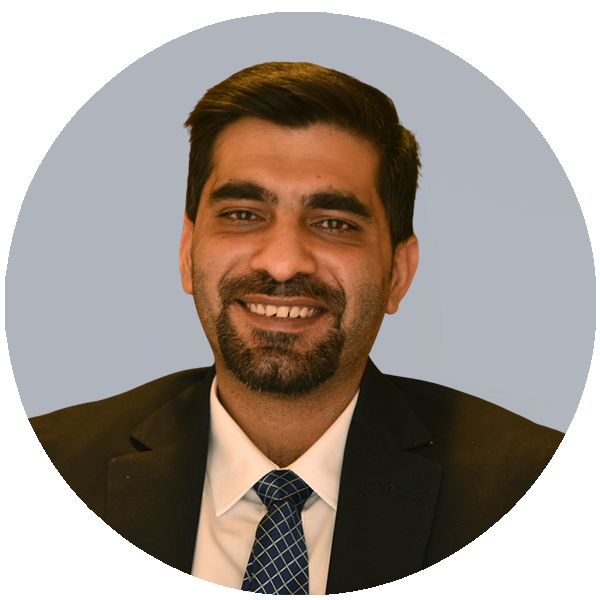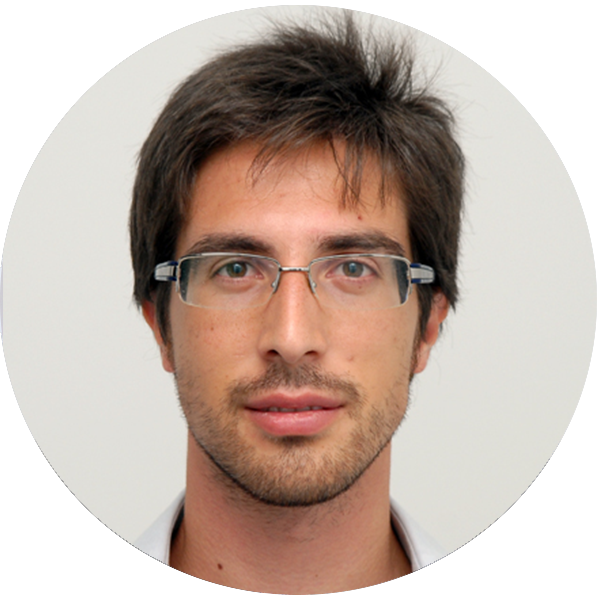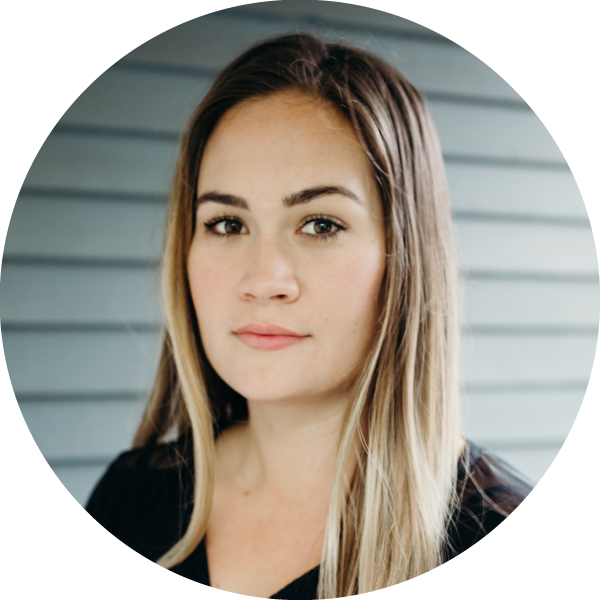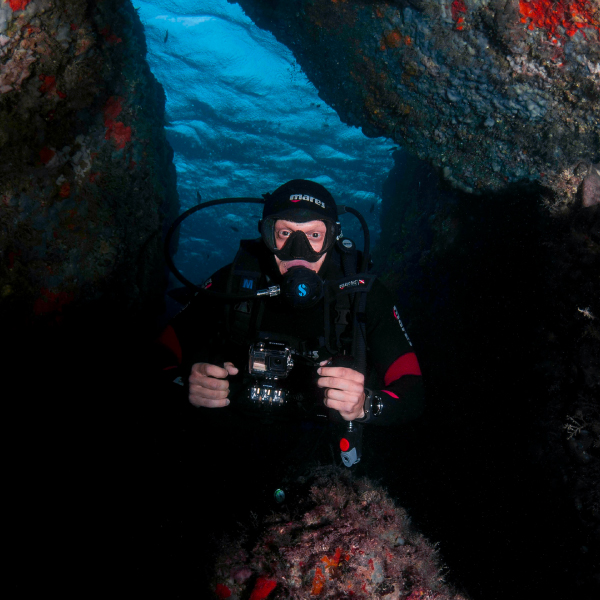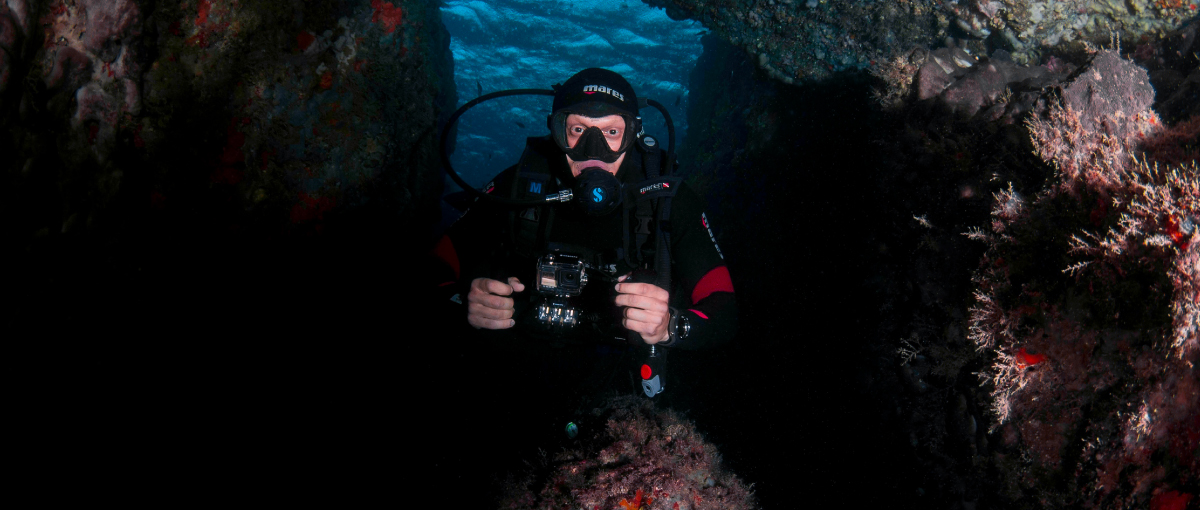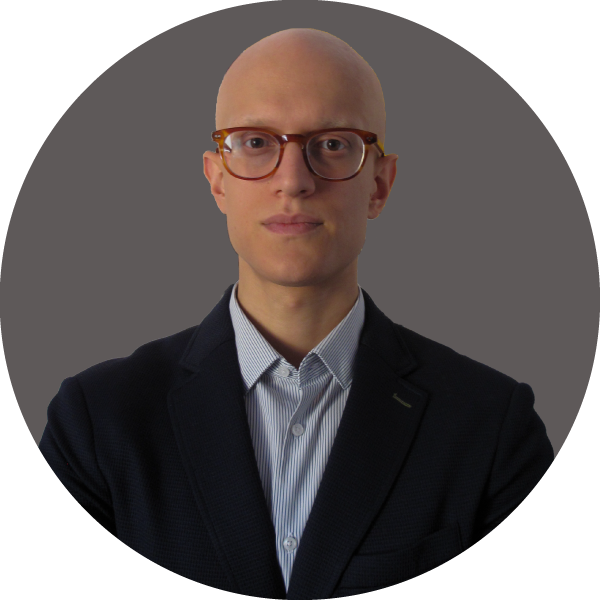
Big Data. Machine Learning. Artificial Intelligence. Terms on everyone’s lips. Everyone wants them. Few have any idea about what they are.
My opinion? Actually, I didn’t have one. This is why I tried to exploit my experience of the International Part-Time MBA at MIP to create one. But let’s start from the basics.
To define what Big Data is, let’s think for a moment about our daily life: interactions on social networks, a click on a website, our interconnected smartphones. All this generates an incredibly high amount of data compared to a few decades ago. Huge volumes of heterogeneous data by source and format, which can be analyzed in real time: all this is Big Data.
In short, we are increasingly surrounded by data, but how to extract value from Big Data? Big Data Analytics is talked about a lot, in every area.
Having defined what Big Data is, however, is not enough. It is also necessary to know how to exploit them and with what techniques. One of these is certainly Machine Learning, which is nothing more than a system capable of learning from experience, with a mechanism similar (at least in appearance) to what a human being does from birth.
From an IT point of view, the programmer’s approach radically changes: if before, it was necessary to write detailed lines of code to instruct the machine on what to do situation by situation, today it is the algorithm itself that develops its own logic and consequently performs certain actions, depending on the data set available.
Well, all this information may seem relevant only to slightly nerdy data scientists, like the “Big Bang Theory” ones. But believe me, it’s not.
As previously mentioned, the managers of the future will have to make the most of the greatest resource they have available: data. Data are the new oil, the new gold, and knowing how to extract value from them is the real competitive key for large companies and SMEs. It is the skills and technologies of Analytics that transform raw data into valuable information for business decision-makers: it is now possible to gain a competitive advantage thanks to timely and more informed decisions, not only for larger organizations but also for small and medium-sized enterprises.
This is the main reason why I decided to select the elective course offered by MIP Politecnico di Milano related to “Big Data & Machine Learning”. I admit that before taking this course my ideas regarding these issues were quite confused. They were “fascinating” and “fashionable” topics, but I never thought they could have such a tangible impact on my everyday work.
I am a Supply Chain Manager, and in my daily life I deal with sales forecasts, margins, pricing strategies, etc. I therefore deal with data, which have a certain meaning and which I often evaluate in a “standard” and “repetitive” way. Here, I learned that everything that is “standard” and “repetitive” can be analyzed and automated in some way through Machine Learning.
Obviously, I am not a Data Scientist, but it is becoming increasingly necessary to understand this “new language”, even to managers: knowing the possibilities offered by technology is the first step to making the most of it, interacting with data teams, or other experts in the sector.
Ignoring these skills means falling behind. And today’s world, with its constant changes, no longer allows the existence of the so-called “old guard”. Today’s world needs managers who keep up with it. Take it or leave it.
About the author
|
|
Marco Di Salvio
Alumnus of the International Part Time MBA at MIP Politecnico di Milano. |

